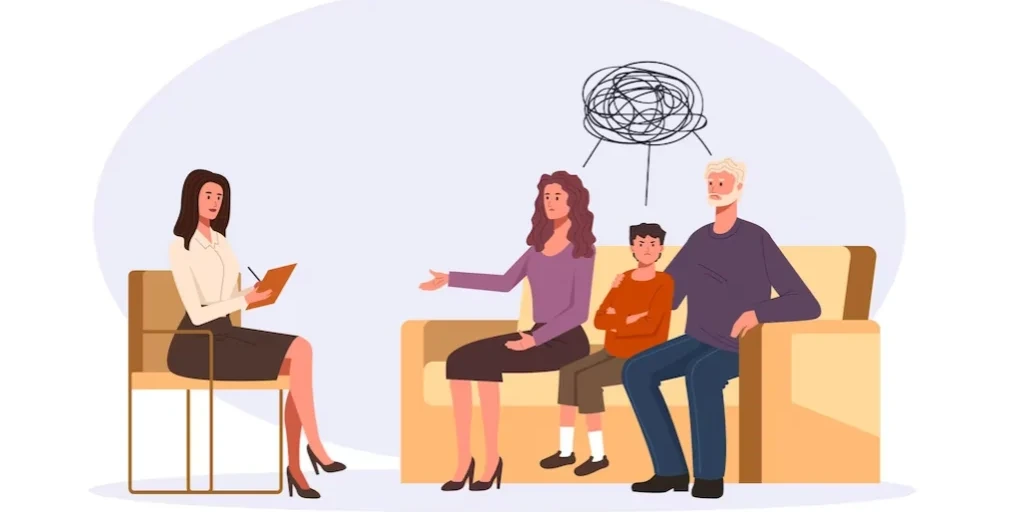24/7 Helpline:
(866) 899-221924/7 Helpline:
(866) 899-2219
Learn more about Depression Treatment centers in Adair County
Depression Treatment in Other Counties

Other Insurance Options

American Behavioral

AllWell

Premera

Humana

Multiplan

UMR

Sutter

MHNNet Behavioral Health

Anthem

Ambetter

Optima

Holman Group

MVP Healthcare

Cigna

Amerigroup

Magellan Health

Coventry Health Care

Sliding scale payment assistance

Group Health Incorporated

Health Choice

Preferred Family Healthcare – Jamison Street
Preferred Family Healthcare is a mental health, behavioral health, and dual diagnosis treatment cent...

Mark Twain Behavioral Health
Mark Twain Behavioral Health is a private rehab located in Kirksville, Missouri. Mark Twain Behavior...

Preferred Family Healthcare
Preferred Family Healthcare offers a residential and outpatient program, CPRC, RCF, Prevention, Heal...


































Integrative Wellness Institute
Integrative Wellness Institute is a private rehab located in Kirksville, Missouri. Integrative Welln...

AA – Alcoholics Anonymous
AA – Alcoholics Anonymous is a non-profit rehab located in Kirksville, Missouri. AA – Alcoholics Ano...

















